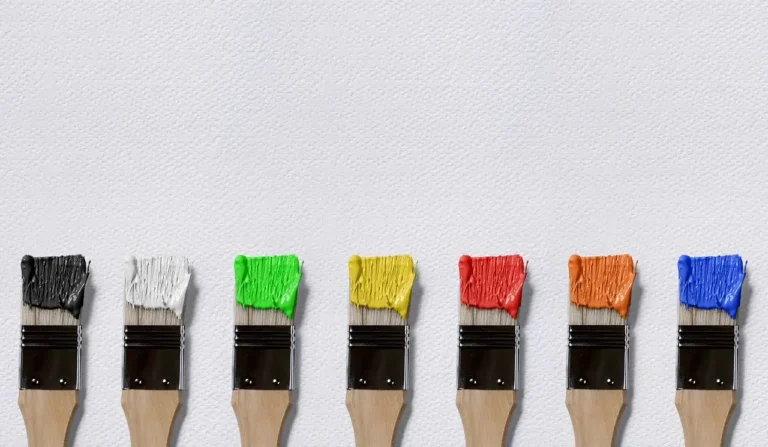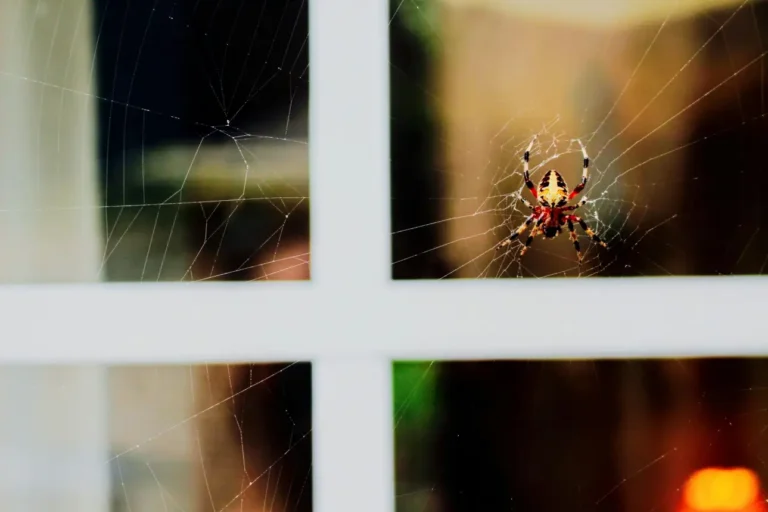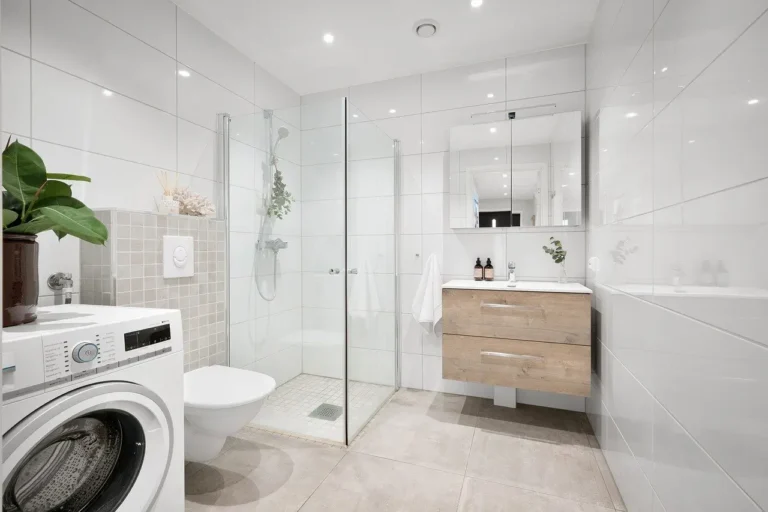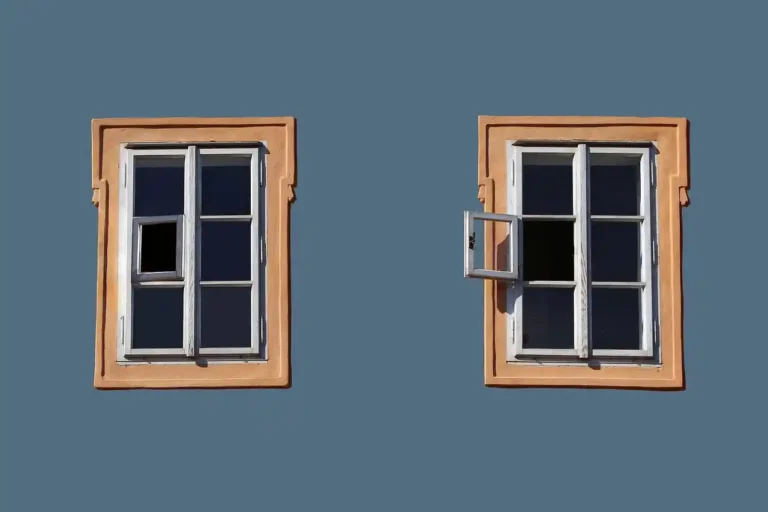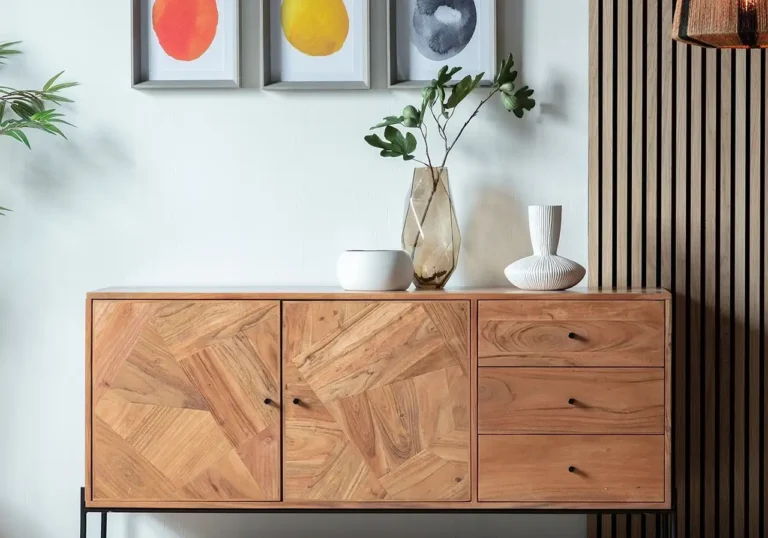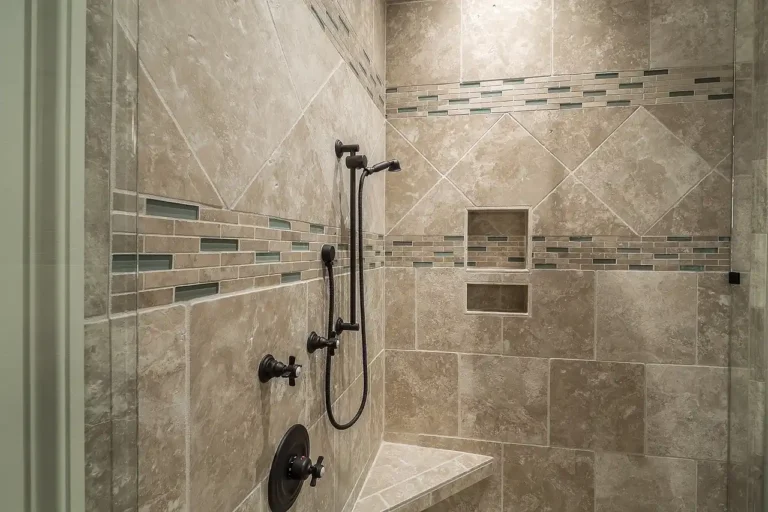If you’re considering installing a carpet runner on your stairs in Seattle, you’re likely wondering about the cost. After all, stairways are a focal point in most homes, and adding a carpet runner can bring both aesthetic appeal and functional benefits like added traction and noise reduction. But how much does carpet runner stair installation cost in Seattle? In this comprehensive guide, I’ll walk you through all the factors that contribute to the cost of installing a carpet runner on your stairs, from material selection to labor costs. By the end of this article, you’ll have a clear understanding of what to expect for your project.

Why Install a Carpet Runner on Your Stairs?
Before we dive into the costs, let’s first explore why you might want to add a carpet runner to your stairs. While aesthetics are a big factor, there are several practical benefits to having a carpet runner on your staircase.
- Safety: Stairs can be slippery, especially if they’re made of wood or tile. A carpet runner provides additional grip, reducing the risk of falls.
- Noise Reduction: Stairs, particularly hardwood or laminate steps, can create loud sounds when walked upon. A carpet runner can absorb the sound, making your home quieter.
- Aesthetic Appeal: Carpet runners come in various designs, colors, and materials, allowing you to customize the look of your staircase. Whether you have a modern home or a traditional one, a runner can enhance the overall design of your space.
- Protection: Your stairs are bound to endure heavy foot traffic over time. A carpet runner not only adds a layer of protection for your steps but also extends the life of your staircase.
Now that we know the reasons to install a carpet runner, let’s get into the specifics of how much it will cost in Seattle.
Factors That Affect the Cost of Carpet Runner Stair Installation in Seattle
The cost of installing a carpet runner on your stairs in Seattle depends on several factors. Let’s break these down so you can get an accurate estimate.
1. Material Type
The material of the carpet runner you choose will have a significant impact on the overall cost. There are several common types of carpet materials used for stair runners:
- Wool: Wool is a premium material that is known for its durability and softness. However, it can be expensive, ranging from $7 to $15 per square foot.
- Nylon: Nylon is another durable and stain-resistant material, making it a great option for high-traffic areas like stairs. It’s also more affordable than wool, typically ranging from $3 to $8 per square foot.
- Polypropylene: If you’re looking for a budget-friendly option, polypropylene is a great choice. It’s resistant to moisture and stains, though it’s not as soft as wool or nylon. Prices for polypropylene runners typically range from $2 to $6 per square foot.
- Cotton: Cotton runners are another option, offering a soft texture, though they tend to wear out more quickly than synthetic fibers. They usually range from $4 to $10 per square foot.
2. Runner Size
The size of your staircase is another factor that can affect the overall cost. A standard staircase usually has between 10 to 14 steps, but larger homes may have longer or more intricate staircases.
- Measure your stairs from the top to the bottom to determine the length of carpet runner you need.
- The width of the runner is also an important consideration. Standard runners are usually about 27-32 inches wide, but you can go wider or narrower depending on your personal preference.
The larger the staircase, the more material you’ll need, which means higher installation costs. If your stairs are uniquely shaped or have additional landings, you may incur additional costs due to the complexity of the installation.
3. Labor Costs in Seattle
Labor costs are a big part of the overall price for carpet runner stair installation. In Seattle, the average labor cost for stair runner installation is between $2 to $5 per step. This rate can vary depending on the complexity of the installation and whether you hire a professional or choose to install the runner yourself.
- If you opt for professional installation, you’ll likely have to pay a flat fee plus the cost per step.
- If you decide to go the DIY route, you can save on labor costs but should expect to spend more time measuring, cutting, and installing the runner.
4. Additional Costs
There may be additional costs depending on your specific situation. Some of these include:
- Padding: Carpet padding enhances comfort and longevity. Depending on the type of padding, this can add anywhere from $1 to $3 per square foot.
- Removal of Old Carpet: If you’re replacing an old carpet runner, you’ll need to factor in the cost of removal. Typically, this will cost about $1 to $2 per square foot.
- Stair Railing or Trim Work: If you need to install or adjust your stair rails or trim, this will add to the cost.
5. Design and Customization
If you want a custom-designed
